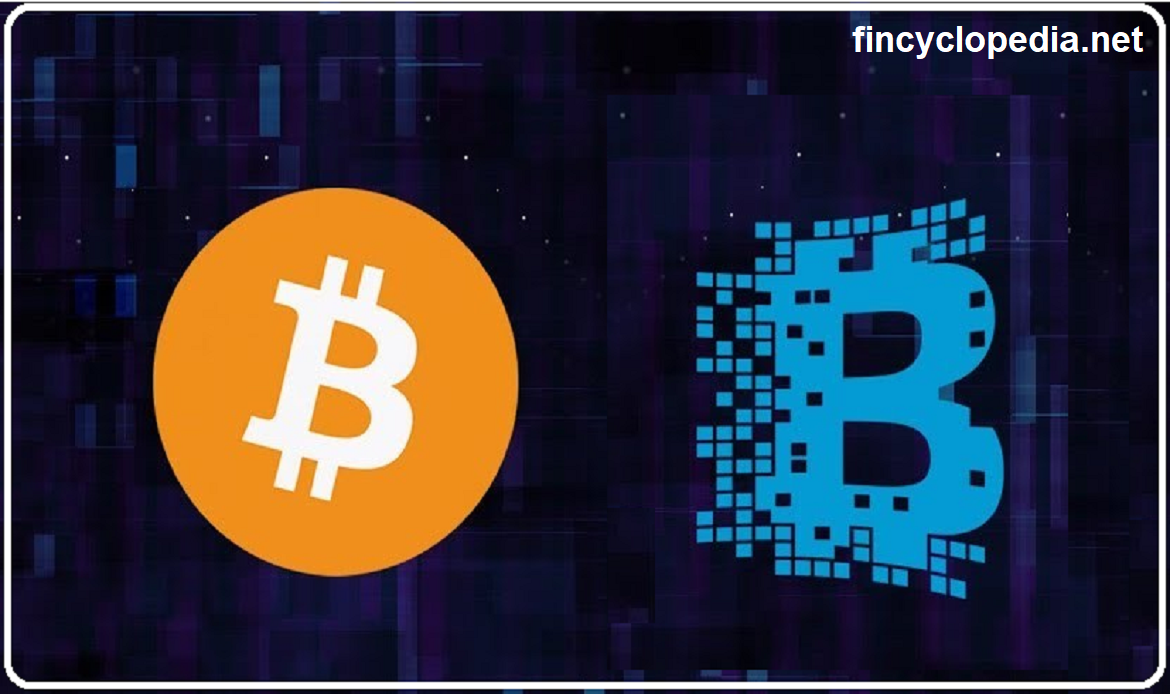An option is a derivative contract granting its owner (holder) the right, but not the obligation to buy (for a call option) or sell (for a put option) a specific amount of a given security, commodity, currency, or debt, at a predetermined (fixed) price (known as the exercise price) on or before a given day (within a specified period of time). Options, whether calls, puts or combinations, can act as insurance policies for stock holdings in down or flat markets, or, if markets move favorably, can generate income on the side.
On other hand, a futures (a futures contract) is an exchange-traded contract (and a derivative) whereby the holder is under obligation to buy or sell a specific asset (security or commodity) for a predetermined delivery price at a specified date in the future. Most of futures contracts don’t end up with delivery because most traders prefer to close out their positions before delivery dates. Closing out a futures position implies entering into an opposite futures position. However, the possibility of actual delivery is what relates the futures price to the spot price. Futures contracts, like forward contracts, are only promises to purchase or sell a commodity. The futures trader, regardless of his/ her intention as to the underlying commodity, is obligated to deliver or take delivery until the position is closed out by an offsetting position. Futures contracts are settled daily using margin accounts.
Nevertheless, in both types of contract, a margin needs to be placed in a margin account. For options, only the sellers are required to post margin. However, purchasers and sellers of futures contracts are required to place margin.
Both option contracts and futures contract are traded on exchanges (though for options, off-exchange trading is also possible) and have standardized terms as to size, expirations, underlying assets, etc.
Moreover, both contracts have limited lifetime (expiration dates), and their prices are negotiated and determined by the interaction of buyers and sellers on an exchange.





